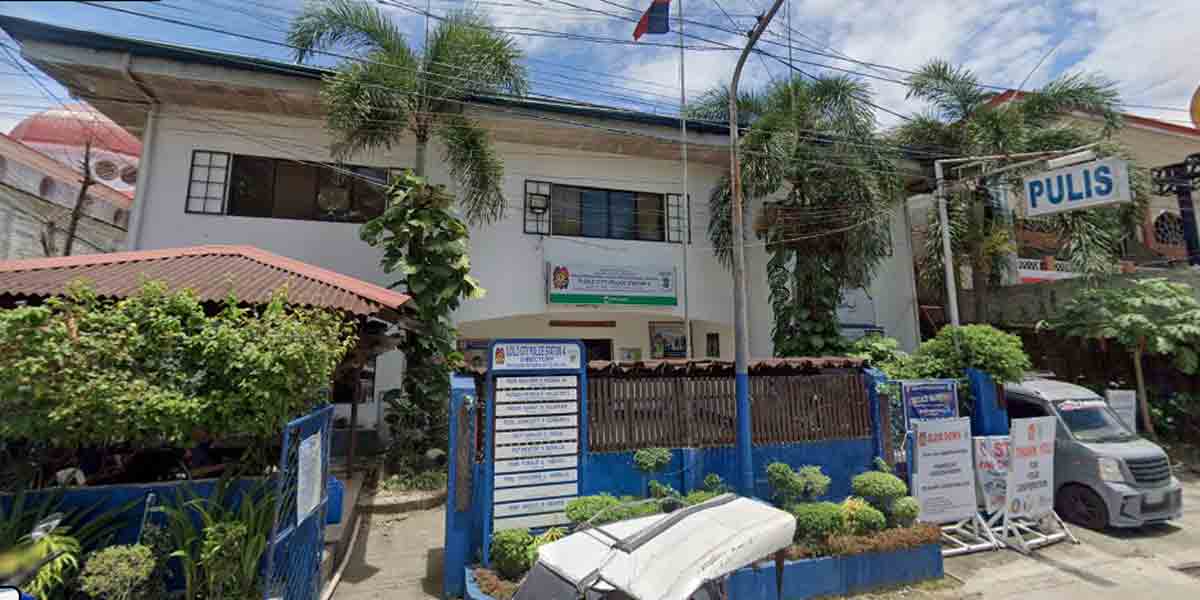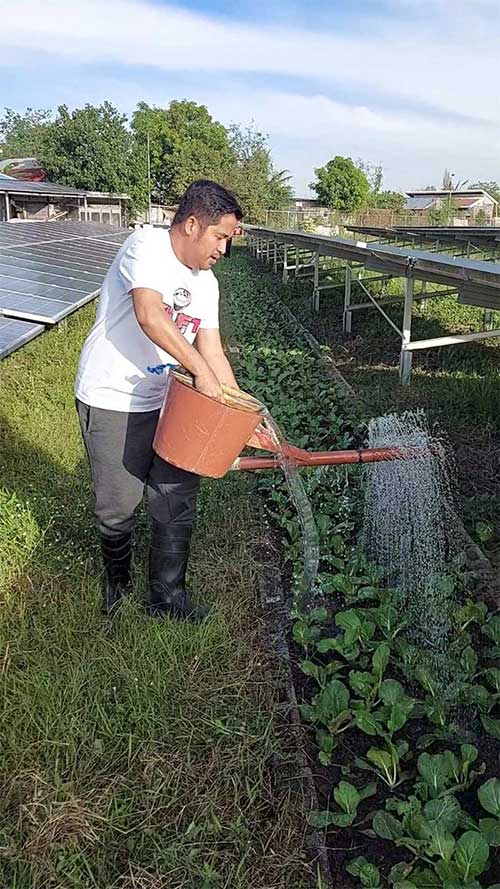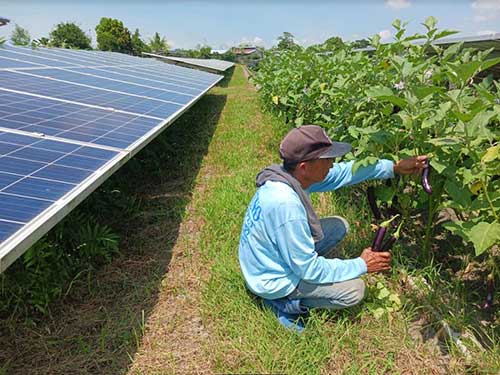BDO Unibank Inc. (BDO) reinforces its commitment to sustainable development as it continues to support the growth and expansion of clients’ renewable energy ventures which the Bank considers as a cornerstone sector in financing.
One of its clients, Citicore Renewable Energy Corporation (CREC), an affiliate company of Megawide Construction Corporation helmed by infrastructure innovator Edgar Saavedra, stands at the forefront of the Philippines’ renewable energy industry. It has a diversified portfolio of solar- and river-powered energy projects across the country.
“Our goal is to bring down the cost of electricity by assisting the government in its efforts to increase the share of renewable energy in the power generation mix. To the best of our ability, we want to offer affordable electricity for Filipinos since this is part of our vision to power a first-world Philippines using clean energy. Partners like BDO are helping make this a reality,” said Oliver Tan, President and CEO of CREC.
Prior to this position, Tan was the Chief Finance Officer (CFO) of Megawide.
BDO provided project financing for the development of the largest solar plant in Batangas, CREC’s Citicore Solar Batangas 1 project. Comprised of two solar plants located in Tuy, Batangas, the project will generate close to a 197-megawatt peak once operational, which can power up to 32,308 households.
BDO and the Saavedra group have had a longstanding partnership in financing large-scale development projects, such as flagship infrastructure contracts undertaken by Megawide for the Philippine government.
“Our business relationship with BDO has spanned 15 years. It is among the companies that extended their support to us even when we were just starting, so this partnership is remarkably close to our hearts,” said Tan.
Furthermore, BDO helped in its journey to diversify from pure construction to infrastructure development.
The Bank provided a line facility for Megawide’s construction business early on, and during its IPO (Initial Public Offering) in 2011, BDO Capital was its underwriter. When Megawide won its crown jewel asset, the Mactan-Cebu airport, BDO provided the majority of project financing requirements. It extended the same opportunity when Megawide won the contract for the Paranaque Integrated Terminal Exchange (PITX), the country’s first landport.
Tan explained this support is why they chose to continue the partnership with BDO for CREC and its projects in renewable energy. “Our relationship with BDO has grown and we really value the trust, confidence, and opportunities given to us by BDO,” he said.
CREIT, the real estate investment trust (REIT) subsidiary of CREC, was the first renewable energy-themed REIT to be listed on the Philippine Stock Exchange back in 2022. BDO Capital & Investment Corporation was a joint global coordinator for the IPO and served as a lead local underwriter on the project. Highly regarded for its groundbreaking structure, the IPO has been adopted as a case study by regional banks in Singapore and Malaysia.
In support of the Philippines’ Energy Efficiency and Conservation Roadmap, CREC will launch 1,000 megawatts of solar energy projects every year for the next five years. The company will again take this to the capital markets to raise the necessary funding for this vision, with BDO Capital acting as the Domestic Lead Manager and Joint Bookrunner.
Moreover, in partnership with BDO, Citicore will also provide employees with the opportunity to invest through installment payments and empower them through tangible ownership of the company they work for.
CREC aims to diversify its renewable energy portfolio by adding onshore and offshore wind projects and battery energy storage systems in the medium to long term.
In terms of community involvement, CREC pioneered the AgroSolar initiative in the Philippines, which enables solar energy generation to co-exist with agriculture.
BDO continues to expand its Sustainable Finance initiatives, in place since 2010, towards funding new and existing renewable energy projects to increase their capacity and support the country’s Nationally Determined Contributions to the 2015 Paris Agreement that aims to reduce 75% of the country’s greenhouse gas (GHG) emissions by 2030.
As a key contributor to help accelerate the Philippine economy, the Bank remains committed to creating a sustainable and equitable future while transitioning to a low-carbon, environmentally responsible, and socially inclusive economy.




















